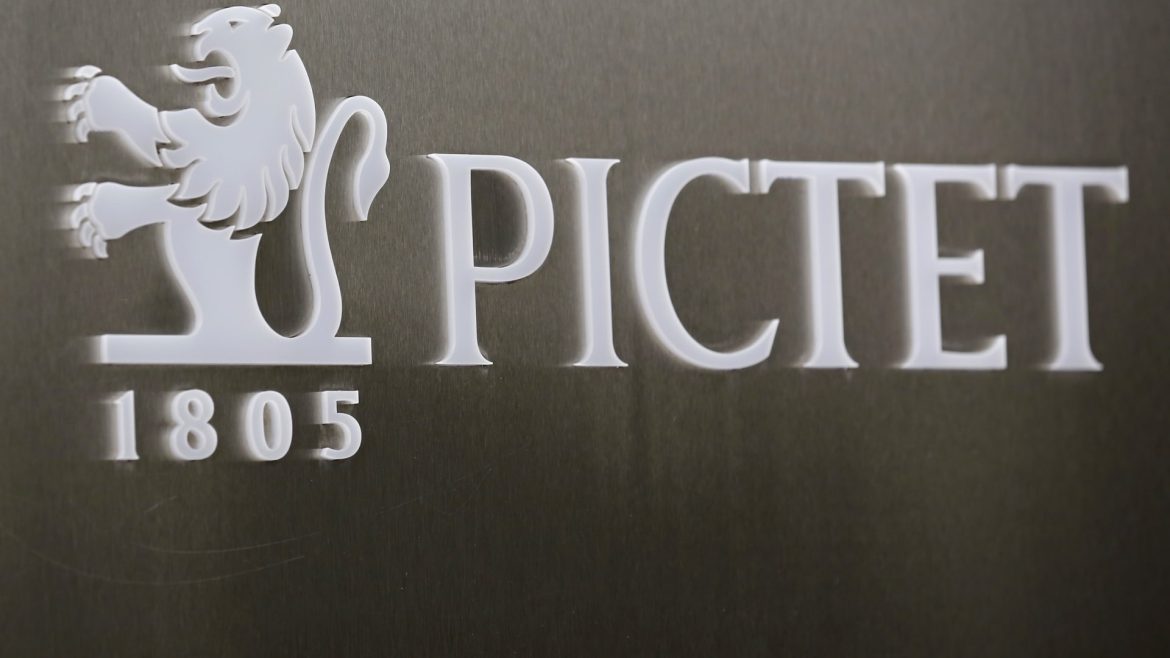Swiss Bank Admits to Conspiring with U.S. Taxpayers to Hide Billions from IRS
A major Swiss bank, Banque Pictet, has admitted to conspiring with U.S. taxpayers and others to hide over $5.6 billion from the Internal Revenue Service (IRS), the Department of Justice announced Monday. The private banking division of the 218-year-old Pictet Group has agreed to pay about $122.9 million in restitution and penalties as part of an agreement with prosecutors.
Accounts and Taxes
Between 2008 and 2014, Banque Pictet had 1,637 accounts on behalf of American clients, who collectively evaded approximately $50.6 million in U.S. taxes, the DOJ said. The accounts themselves held more than $5.6 billion of the roughly $20 billion in total assets from U.S. taxpayers that the bank managed during that period.
Terms of Deal
If the bank complies with the terms of its deal, the Justice Department has agreed to defer prosecution for three years and then dismiss a charge of criminal conspiracy to defraud the IRS. Additionally, as part of the agreement, the bank has agreed to cooperate with ongoing investigations into hidden bank accounts.
Prosecution Statement
Damian Williams, U.S. Attorney for the Southern District of New York, stated, “Rooting out financial malfeasance remains a priority for this Office.” He also added, “We encourage companies and financial institutions to come to us to report wrongdoing before we come to you.”
Further Implications
This case highlights the continued efforts of the DOJ to crack down on tax evasion and financial misconduct. The prosecution’s statement stresses the importance of cooperation from financial institutions in uncovering and addressing financial wrongdoing.
Public Reaction
The admission from Banque Pictet is likely to create significant public interest, particularly among U.S. taxpayers and the financial community. It may also prompt other financial institutions to review their practices and potentially report any wrongdoing to the authorities.
Looking Forward
This breaking news story is likely to continue developing, with potential updates on the case and its implications for the wider financial industry. Please check back for further updates as the story unfolds.
